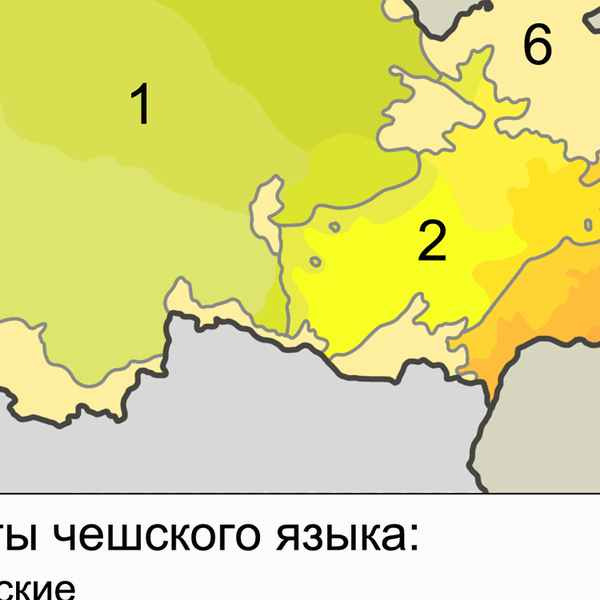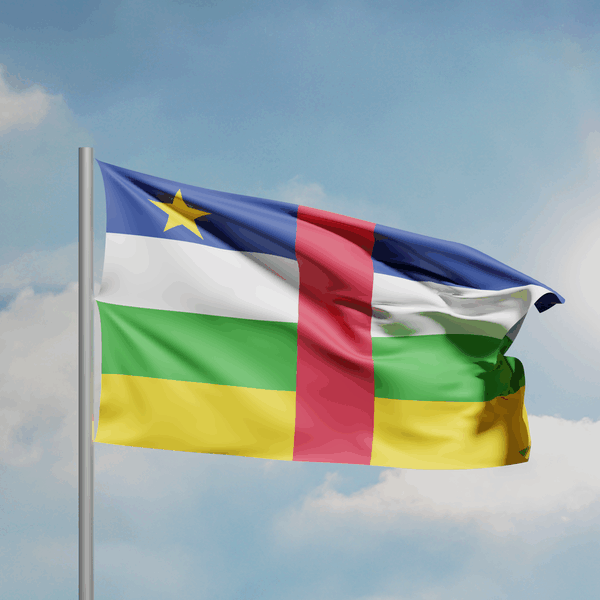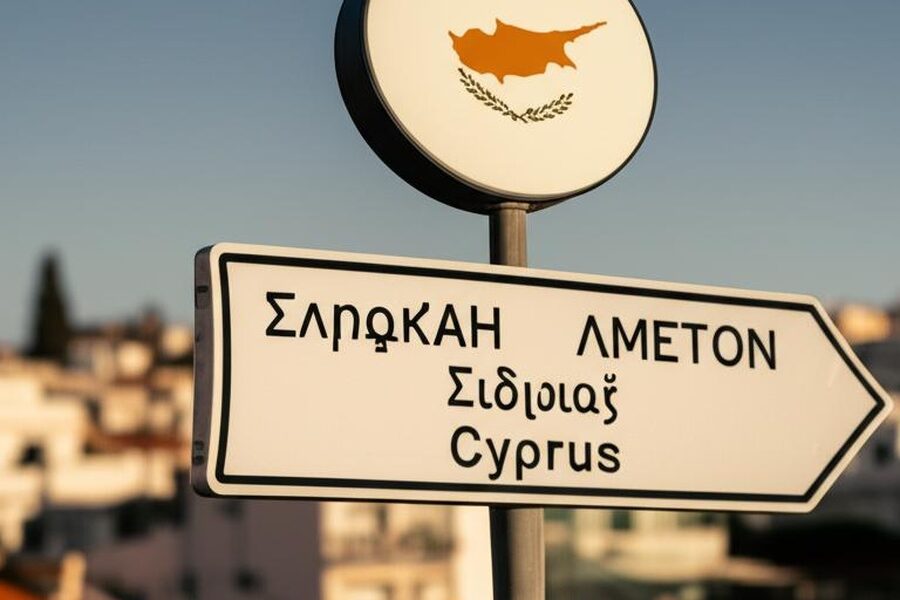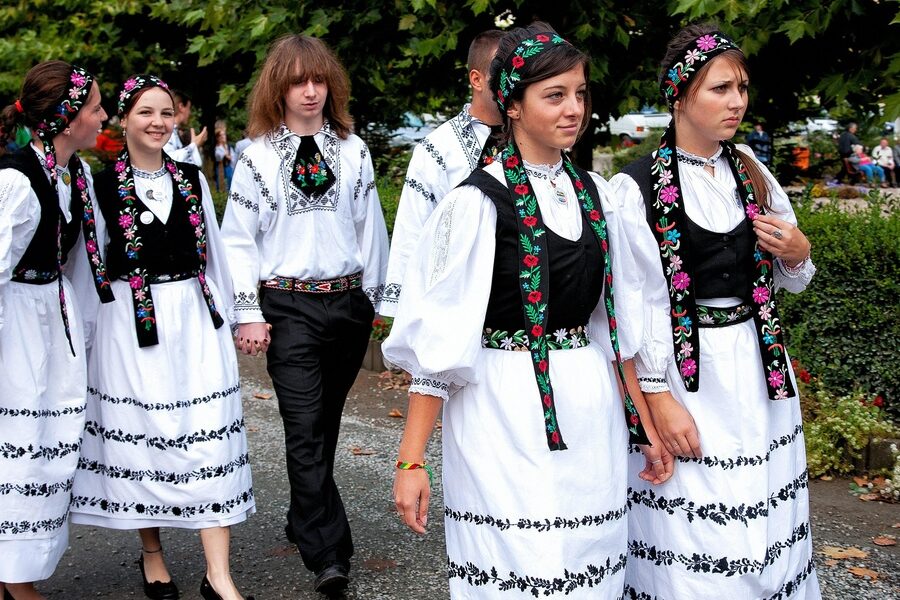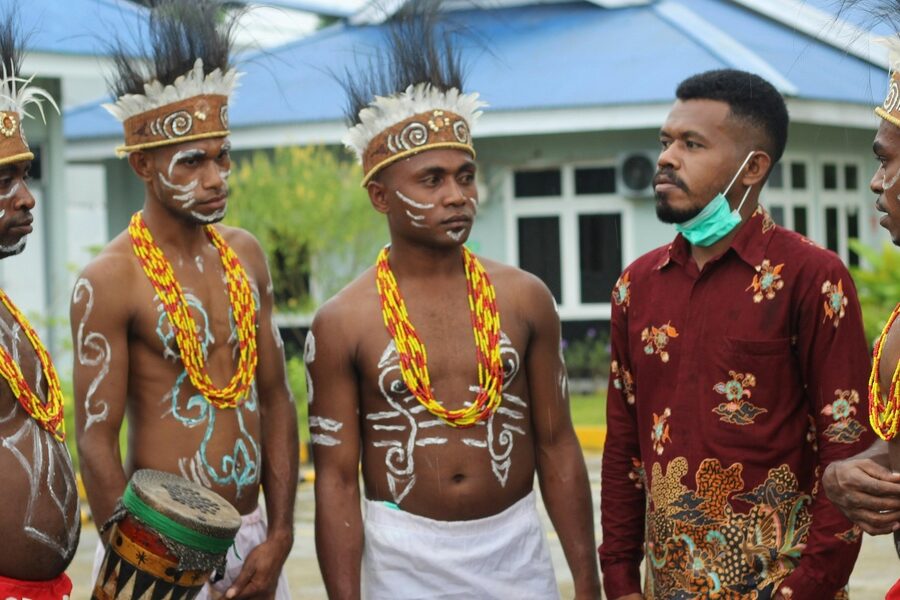Greek isn’t just tied to a single map — it’s woven into Mediterranean history and carried by communities around the world. You’ll spot it in coastal towns, church services, family kitchens and immigrant neighborhoods, where language keeps cultural ties alive across generations.
There are 21 Countries that Speak Greek, ranging from Albania to the United States. For each country, the list below is organized with columns for Flag, Status, Estimated speakers so you can quickly compare official recognition and community size — you’ll find that information below.
Which countries actually have Greek as an official language?
Greek is officially recognized at the national level in Greece and Cyprus; elsewhere it generally appears as a minority or community language (for example, protected status for Greek speakers in parts of Albania) or is maintained by diaspora communities without national legal status.
How many people speak Greek worldwide and where are the largest communities?
Global estimates put native Greek speakers around 13–15 million, most in Greece and Cyprus, with sizable diasporas in the United States, Australia, Germany, Canada and Albania; check the Estimated speakers column in the list below for country-by-country figures.
Countries that Speak Greek
| Country | Flag | Status | Estimated speakers |
|---|---|---|---|
| Greece | 🇬🇷 | Official | 10,700,000 |
| Cyprus | 🇨🇾 | Official (Republic) | 840,000 |
| Albania | 🇦🇱 | Recognized minority | 200,000 |
| Turkey | 🇹🇷 | Recognized minority | 2,000 |
| Italy | 🇮🇹 | Recognized minority | 30,000 |
| Romania | 🇷🇴 | Recognized minority | 3,000 |
| Bulgaria | 🇧🇬 | Recognized minority | 5,000 |
| Russia | 🇷🇺 | Diaspora/minority | 50,000 |
| Georgia | 🇬🇪 | Diaspora/recognized minority | 15,000 |
| United States | 🇺🇸 | Widely spoken diaspora | 350,000 |
| Australia | 🇦🇺 | Widely spoken diaspora | 300,000 |
| Canada | 🇨🇦 | Widely spoken diaspora | 80,000 |
| Germany | 🇩🇪 | Widely spoken diaspora | 400,000 |
| United Kingdom | 🇬🇧 | Widely spoken diaspora | 80,000 |
| Argentina | 🇦🇷 | Widely spoken diaspora | 50,000 |
| Brazil | 🇧🇷 | Widely spoken diaspora | 30,000 |
| South Africa | 🇿🇦 | Widely spoken diaspora | 40,000 |
| Israel | 🇮🇱 | Diaspora community | 10,000 |
| France | 🇫🇷 | Diaspora community | 30,000 |
| Belgium | 🇧🇪 | Diaspora community | 10,000 |
| Netherlands | 🇳🇱 | Diaspora community | 8,000 |
Images and Descriptions

Greece
Greek is the national and official language, spoken nationwide in Modern Standard Greek and regional varieties (Pontic, Tsakonian, Cretan). Used in government, media, education and daily life. Source: Hellenic statistical data, Ethnologue and national census estimates.
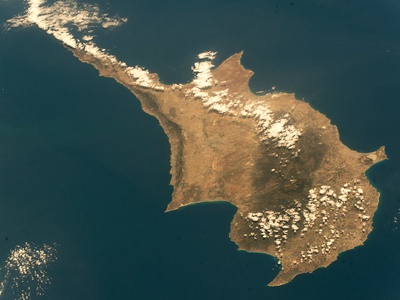
Cyprus
Greek is one of two official languages of the Republic of Cyprus and the primary language of Greek Cypriots in the south; Cypriot Greek dialects are widely used in daily life, schools and media. Source: Cyprus Statistical Service and community research.
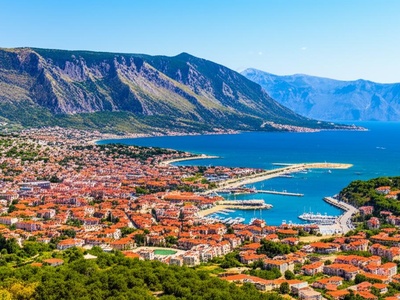
Albania
Greek is a recognized minority language in southern Albania (Gjirokastër, Sarandë) with active bilingual communities, schools and media in some areas. Estimates vary; speakers include ethnic Greeks and bilingual Albanians. Source: Albanian census, community organizations.

Turkey
Turkey hosts a small recognized Greek minority concentrated in Istanbul and select islands; Greek is used in family, church and community contexts despite steep declines since mid-20th century. Source: Turkish records and Ecumenical Patriarchate community counts.

Italy
Griko and Calabrian Greek dialects survive in southern Italy (Salento, Calabria) with cultural associations, bilingual schooling efforts and community transmission, though languages are endangered. Source: Italian minority recognition, local surveys and UNESCO notes.
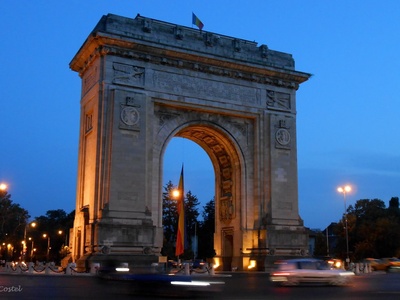
Romania
Small Greek communities in Dobruja and Black Sea coastal towns maintain Greek through family use, cultural associations and occasional schools; language presence continues at community scale. Source: Romanian census and Greek minority organizations.

Bulgaria
Ethnic Greek communities in border and coastal areas preserve Greek within families, churches and some local institutions; numbers are small but ongoing. Source: Bulgarian census and community estimates.
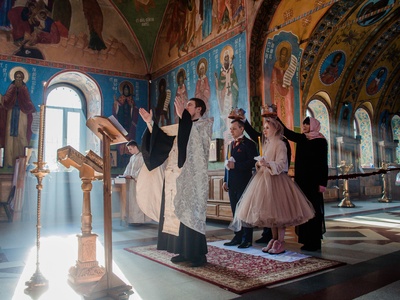
Russia
Pontic and other Greek groups in southern Russia and major cities maintain Greek varieties (Pontic, Standard) through families, clubs and churches; post-Soviet migration altered population but active communities remain. Source: Russian census and diaspora studies.

Georgia
Pontic and Constantinopolitan Greek communities in Georgia (adjacent regions and Tbilisi) continue to speak Greek in homes and cultural schools, preserving dialectal varieties alongside standard Greek. Source: Georgian census and community estimates.

United States
Large Greek-American communities (New York, Chicago, Boston) actively speak Greek at home, in churches, language schools and media; intergenerational retention varies but community institutions remain strong. Source: US Census ACS and Greek-American organizations.

Australia
One of the largest Greek diasporas globally, concentrated in Melbourne and Sydney; Greek is commonly spoken at home, in schools, churches and local media, with robust cultural institutions. Source: Australian census and diaspora research.

Canada
Greek-speaking communities in Toronto, Montreal and Vancouver maintain language use in households, churches and weekend schools; active cultural organizations support transmission. Source: Canadian census and community surveys.

Germany
Significant Greek immigrant population from labor migration and recent arrivals speak Greek in families, community centers and churches across major cities; language maintained by associations and schools. Source: German statistical estimates and diaspora groups.

United Kingdom
Greek speakers are concentrated in London, Manchester and southern England with active community schools, churches and cultural media sustaining language use across generations. Source: UK census and Greek community estimates.

Argentina
Historic Greek immigration produced vibrant communities in Buenos Aires and provinces where Greek is used in families, associations and churches; community schools help language retention. Source: Argentine estimates and Hellenic community records.

Brazil
Greek-Brazilian communities in São Paulo and other cities maintain Greek through churches, cultural associations and weekend schools; numbers modest but community-active. Source: Brazilian census estimates and diaspora organizations.
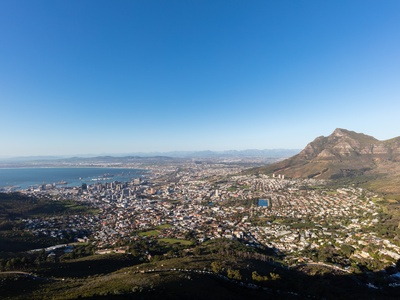
South Africa
Notable Greek community in Johannesburg, Cape Town and surrounding areas preserves Greek via churches, schools, businesses and cultural clubs; active community life sustains the language. Source: South African census and Hellenic community records.
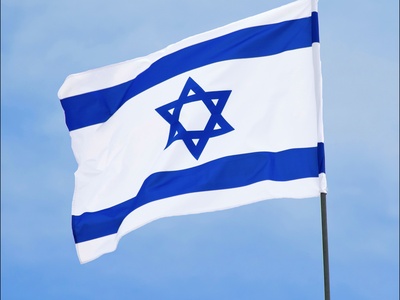
Israel
Small Greek-speaking groups include immigrants, Jewish-Greek families and expatriates in Haifa, Tel Aviv and Jerusalem; Greek is used in homes, community life and some schools beyond liturgical contexts. Source: Israeli immigration data and community estimates.
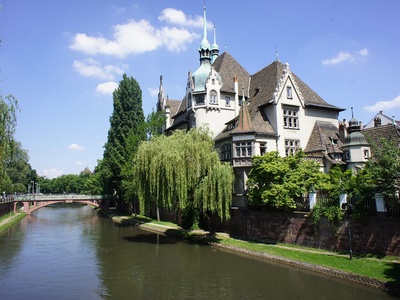
France
Greek diaspora in Paris, Marseille and Lyon maintains language through family use, cultural associations, churches and weekend schools; active institutions support cultural and linguistic continuity. Source: French census and Hellenic associations.
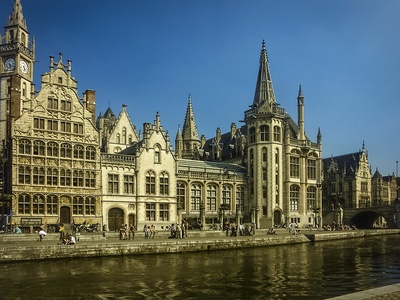
Belgium
Greek community around Brussels and Antwerp sustains language use via churches, cultural associations and weekend schools; community-level Greek remains active. Source: Belgian municipal data and community estimates.

Netherlands
Small Greek communities in Amsterdam, Rotterdam and The Hague keep Greek alive through associations, churches and cultural programs, with ongoing family transmission. Source: Dutch municipal records and community groups.


